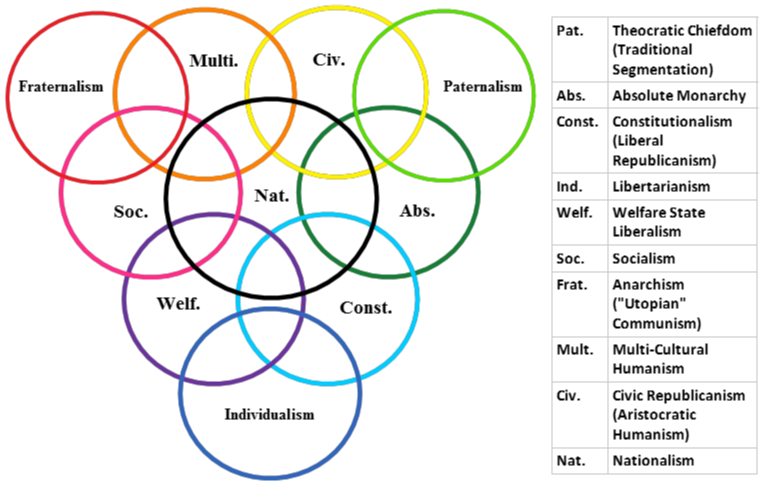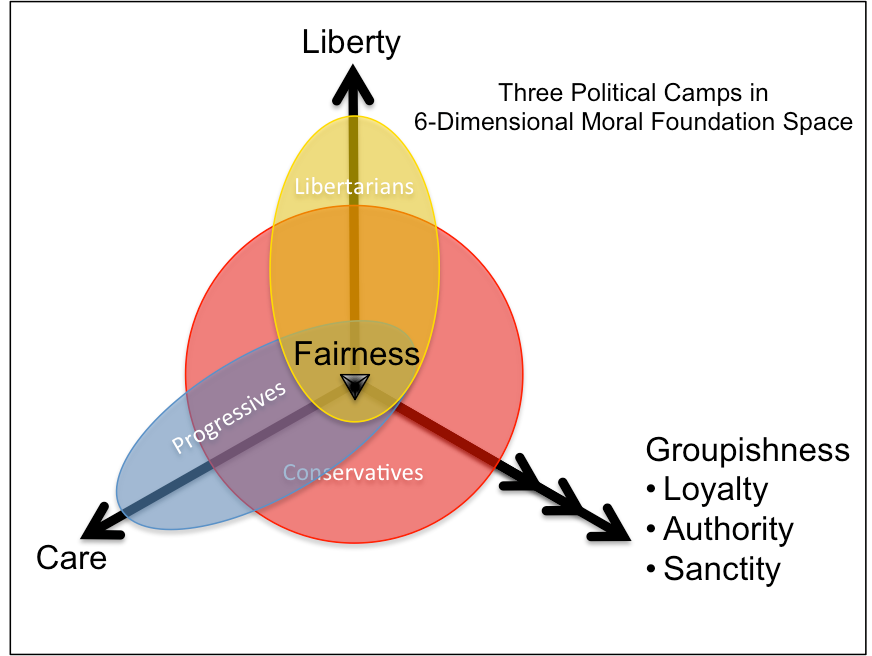Terrence Deacon’s classic work, The Symbolic Species, is a very interesting synthesis of 1) Peircean semiotics, 2) a socio-anthropological account of morals and 3) a very traditional understanding of marriage. It is thus quite surprising to me that this confluence of symbols, morals and marriage within a text as widely cited as Deacon’s has gone almost entirely unnoticed within the LDS community. Starkly put, if ever there was a naturalistic and historical argument to be made for the sanctity of marriage, this is it.
Since my goal is primarily to explicate rather than appropriate Deacon’s ideas, the quote-to-exposition ratio in this post will be quite high. Before getting to those quotes, however, let me first summarize Deacon’s account, if only to provide a roadmap for what is to come:
All and only humans have been able to combine 1) cooperative hunting, 2) male provision of offspring and 3) sexual exclusivity. The means by which this unstable combination is maintained is marriage. Marriage is a uniquely human practice that is totally different in kind from the pair-bonding found in other species. By way of analogy, pair-bonding is to associative thought as marriage is to symbolic thought: While the former are concerned with the regularities that an individual can predict to hold between two objects (smoke and fire), the latter involve a collective assignment of meaning or prescription of status upon both A) an object with respect to many other objects and B) those many objects with respect to it.
Thus, while pair-bonding can be understood as a negotiation of child-rearing responsibilities between the male and female (and them alone), marriage involves the collective ascription by an entire community of not only these roles and responsibilities but also those toward an entire social network that crosses kinship lines. Stated differently, in the same way that a change in the symbolic meaning of one sign also changes the symbolic meaning of and between 20 other signs, so too a change in the moral/marriage status of one person also changes the moral status of and relations between 20 other people. Deacon’s theory, to summarize, is not merely that symbolic thought closely parallels marriage relations; rather, it is the much stronger claim that the latter was the evolutionary origin and cause of the former. (more…)




